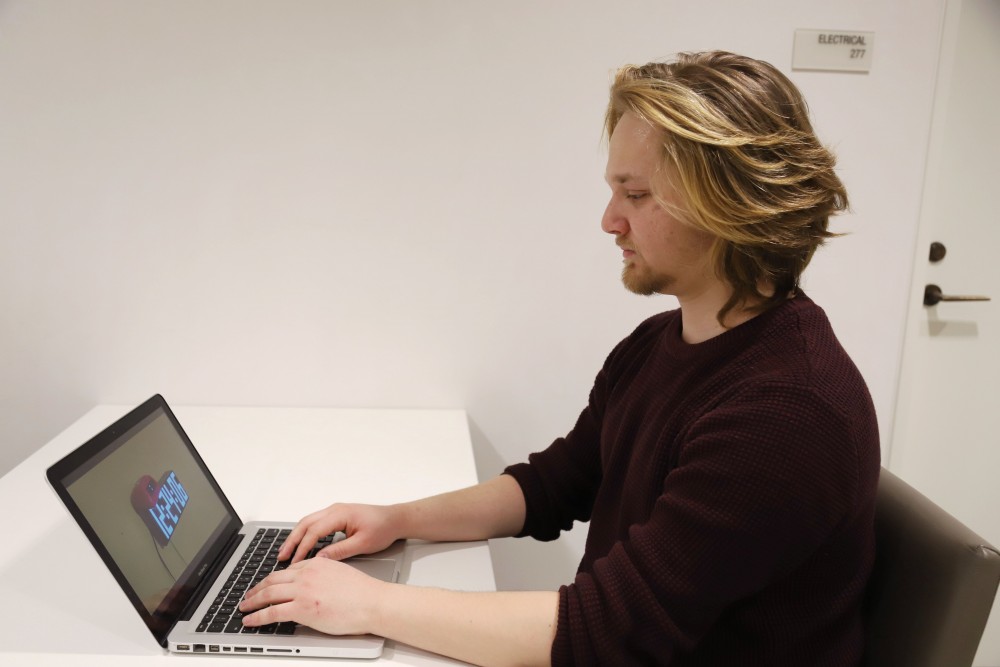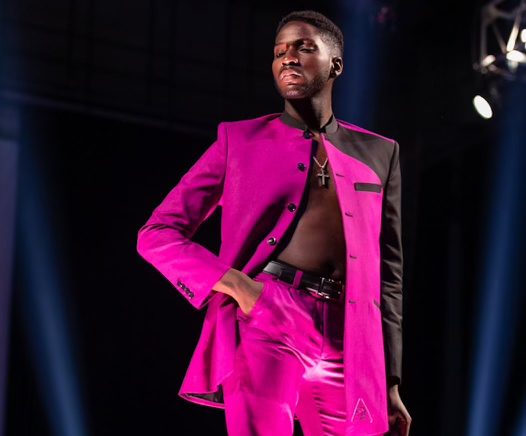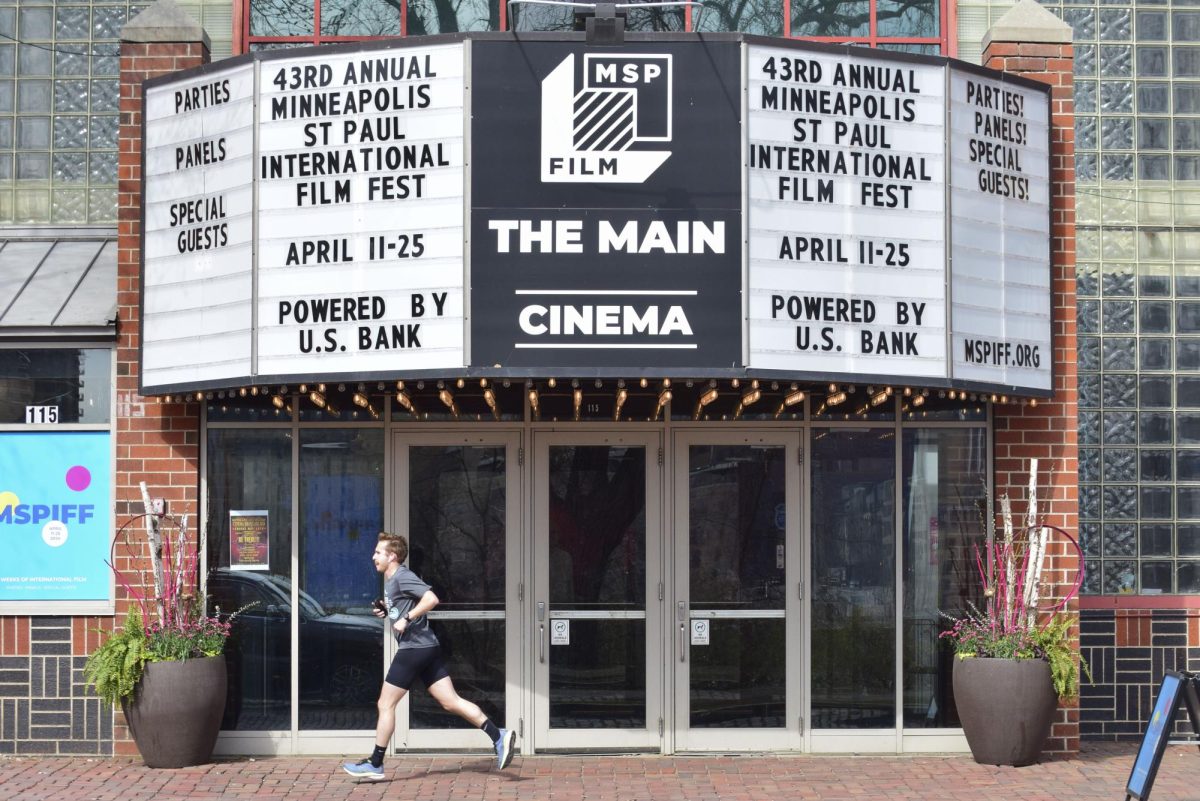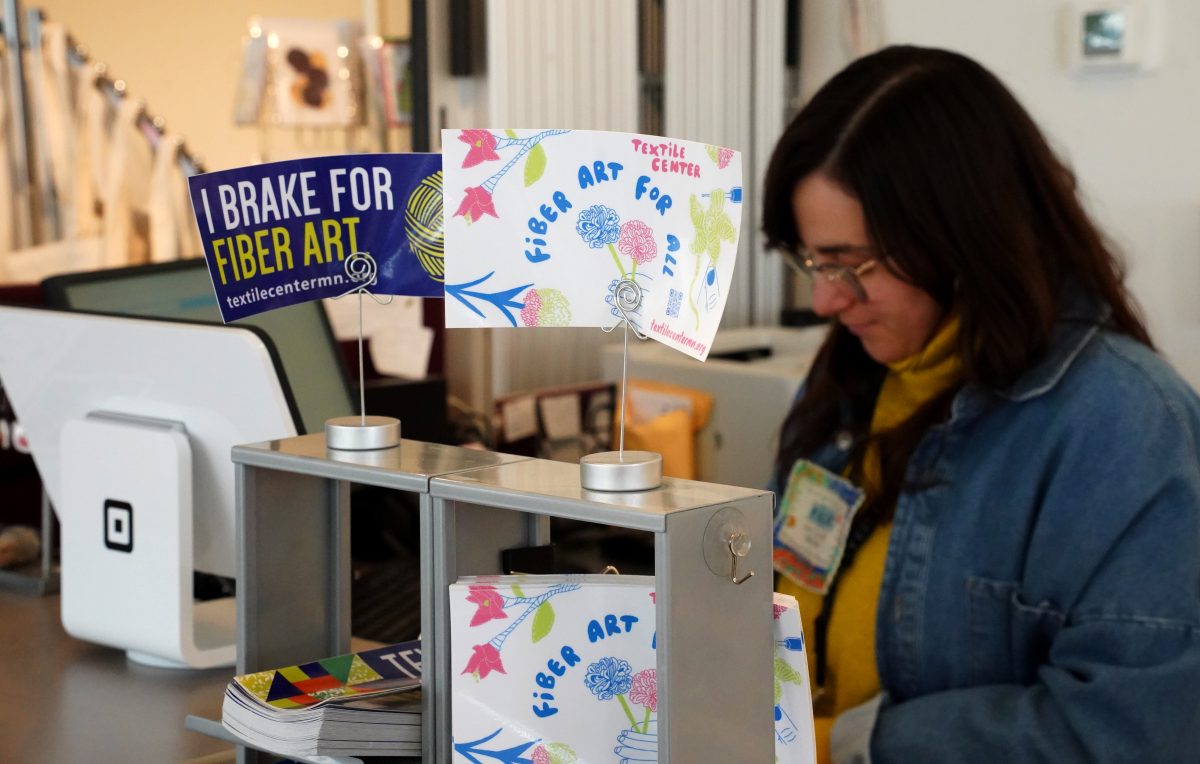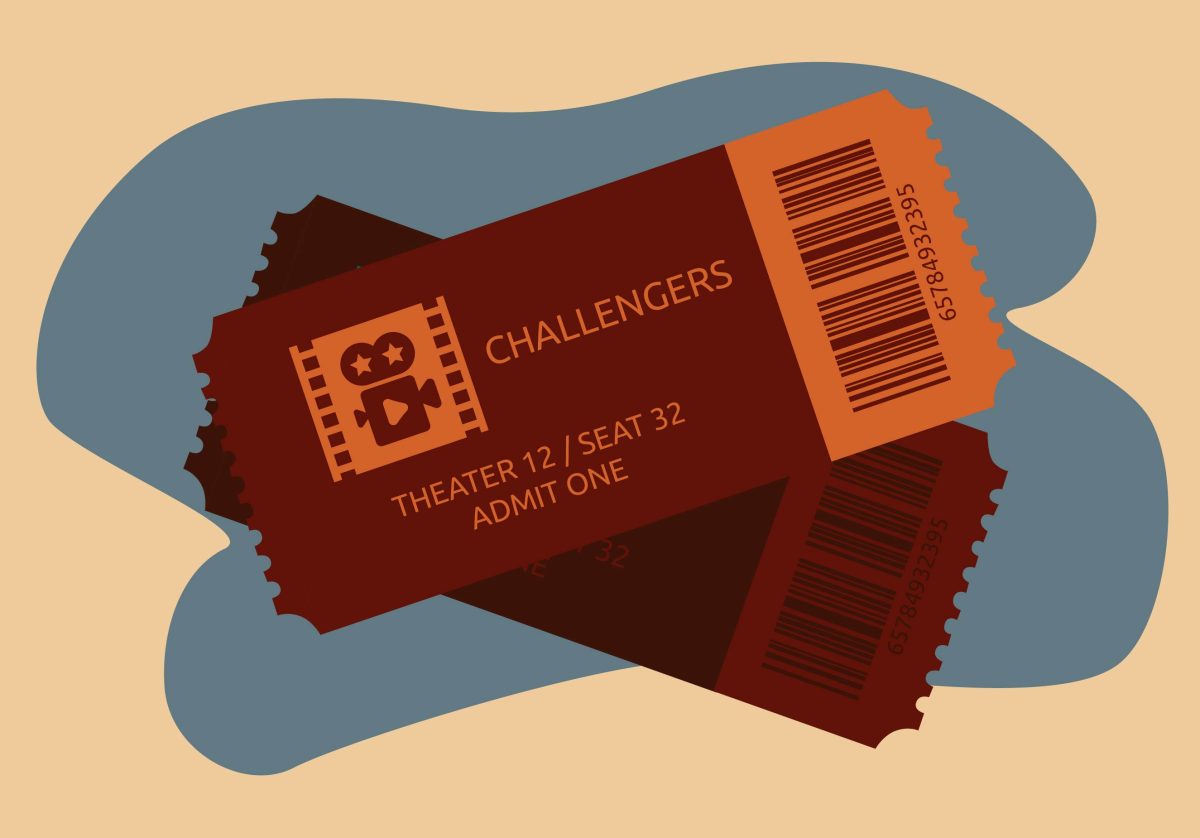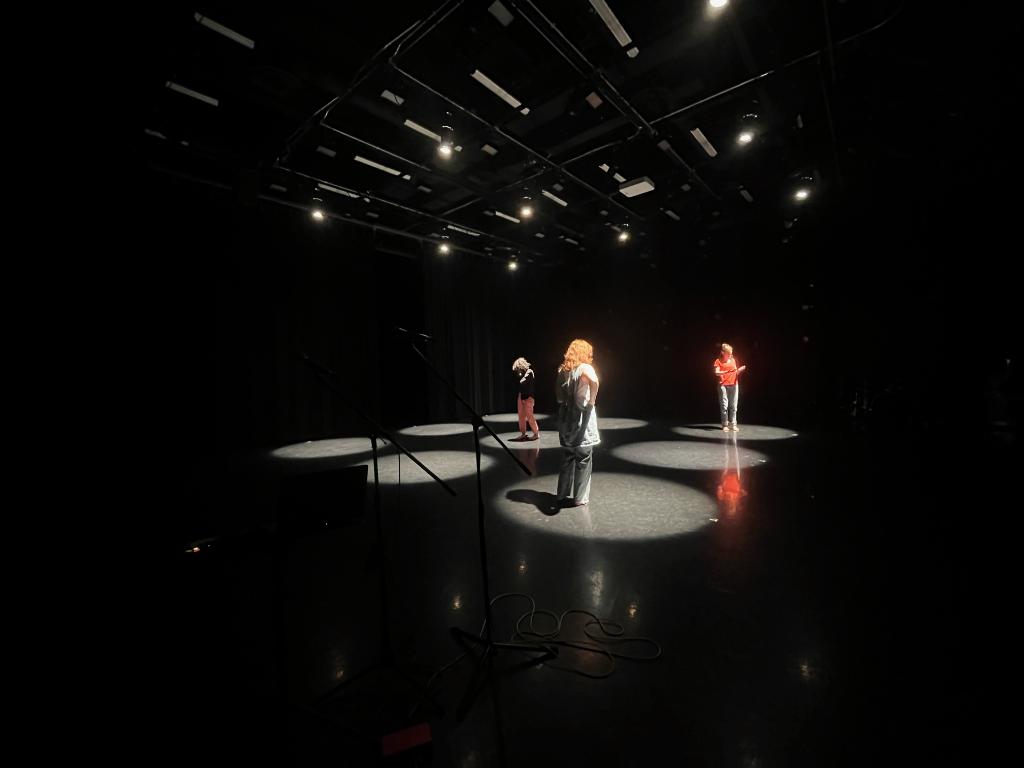Like many 20-somethings, Eric Larson is a member of the generation that grew up with memes. He can barely remember when they started entering his consciousness because for him, it feels like they have been around forever.
However, Larson did not begin to think critically about meme culture until recently.
It all began with an event at the Walker Art Center in 2017, called “Meme Town,” which Larson curated.
“The idea was to physicalize ideas around memes. For me, [memes are] fascinating because they do really interesting things with aesthetics and they promote experimentation in people who wouldn’t necessarily say that they are artists, but they still make memes,” said Larson, who graduated with a degree in theatre arts from the University of Minnesota in 2016.
His latest endeavor will live on the internet, just like memes. Intermediate Meme Museum (IMM), a free digital publication, will launch this Saturday.
Similar to “Meme Town,” Larson’s role is as curator and director of the project. He has commissioned four local artists to explore the relationship between memes and identity for IMM.
One of those artists is Clee McCracken, who will be attempting an ambitious performance piece: a 24-hour livestream. Since 2014, McCracken’s art has explored a strict theme of clocks.
Starting at 9 a.m. on the morning of the publication’s release, viewers can watch McCracken navigate an entire day in a world of clocks.
“I’ve made different settings in my apartment. My room was already pretty clocked out, but I added a lot more. I’m going to make clock pancakes and eat them on a clock plate. … Any aspect that I can possibly turn into a clock, I’m turning into a clock” said McCracken.
Jordan Thomas, a local writer, is contributing essays to the project. Thomas received his master’s in creative nonfiction from the university. Much of his writing explores his identity as a black American. Discovering memes and the now defunct app Vine were integral to realizing that there were different ways to be black than he had learned.
“Vine is filled with black people doing the craziest, strangest stuff. To me, it was a revelation to find it, because growing up in Iowa, I didn’t have a whole lot of reference markers for what black people were like,” said Thomas.
His essays for IMM will examine the impact of social media and memes on black America and how they have led Thomas to discover kinship and his own identity.
Visual artist Martin Gonzales also explores his identity through art. He made a series of short videos for the first issue of IMM about his travels to Mexico as a Chicano man who never learned Spanish.
“I have had a very real Chicano experience. However, in comparison to other Chicanx people, there’s this phenomenon that happens where you’re not Chicanx enough or you’re not Mexican enough. This is exploring the contradictions of that idea,” said Gonzales.
A fourth contribution is from artist Gelli Spinelli, who is creating a series of memes called “Call-Out Island” that deal with the politics of the hyper-liberal queer spaces online.
Internet meme culture has become a part of mainstream culture in the last decade. Larson and his IMM team grew up with them and are now just beginning to unbox the cultural complexities of memes.
“We’re at a point where it feels like there are stakes to the meme conversation. There’s a history and there’s also [the question], ‘What do we do now?’” said Larson. “IMM is about addressing both of those: Where have we come from? And, where can we go from here?”










